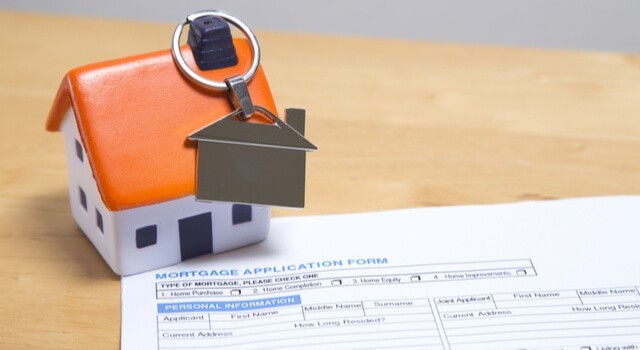When you are experiencing financial trouble, however temporary, it is important to divide your debts into priority and non-priority payments. Priority debts include mortgage or rent payments, utility bills, council tax, and arrears of tax or National Insurance contributions.
Other debts regarded as non-priority include credit and store card payments, as well as overdrafts and loans. Although still important, non-payment of this type of debt will not directly affect your standard of living.
So how do you get organised with regard to your debts, and what is the best approach to take when contacting creditors?
How can I organise priority debts?
You need to work out how much you owe to each creditor by looking at demands for payment, and the original agreements if you have them. Before contacting creditors individually, you’ll need to know their name and address, plus your account or reference number.
Most organisations prefer to be contacted if their customers are struggling to keep up repayments, and may be willing to negotiate more time to repay, or even reduce the monthly amount for a fixed period to give you breathing space. You can also request a little more time to calculate how much you can afford to pay.
Make contact with your priority creditors by phone initially, as this will speed up any new repayment arrangements. You should keep a written note of the date and time of each phone call, and the name of the person you speak to. You may need to refer to it if a new payment arrangement is later questioned.
It is also advisable to write to each creditor confirming what was discussed, and the outcome agreed, keeping copies of all correspondence in a safe place. Let creditors know if you are experiencing any short-term issues that affect your ability to make repayments – if injury or illness has made you temporarily unable to work, for example.





